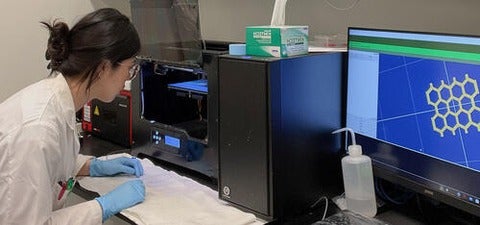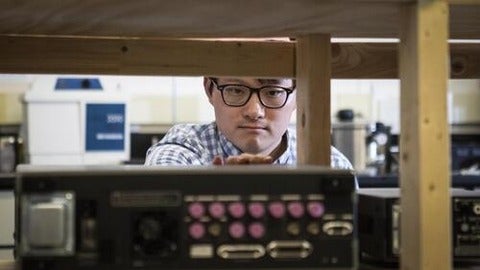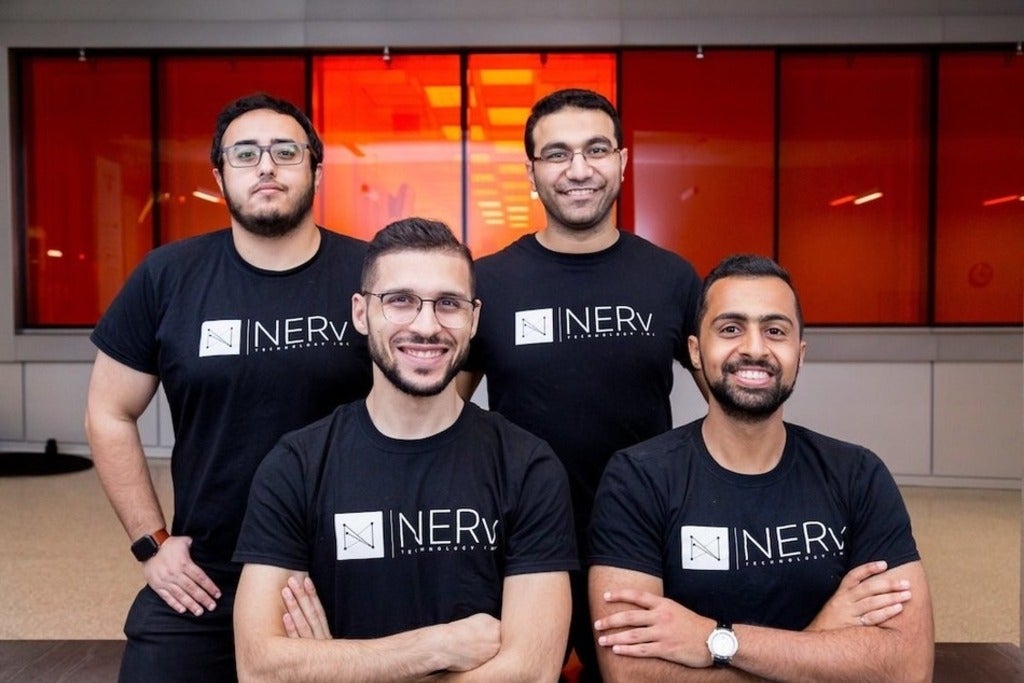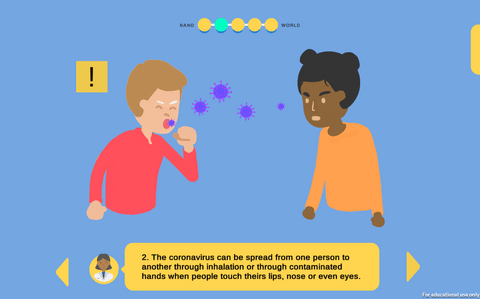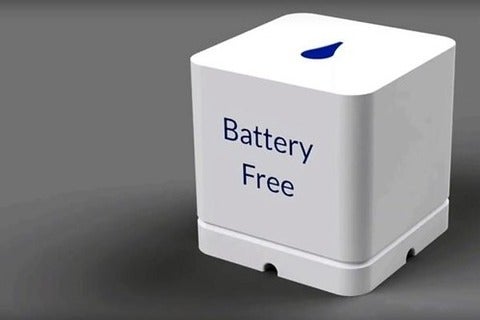Mathematical models and computer simulations are the new frontiers in COVID-19 drug trials
Researchers are using computer models to simulate COVID-19 infections on a cellular level – the basic structural level of the human body.
The models allow for virtual trials of drugs and vaccines, opening the possibility of pre-assessment for drug and vaccine efficacy against the virus.

